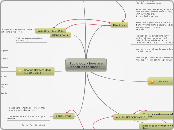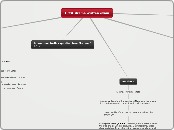arabera caroline dennard 15 years ago
790
Sociology - how are identities formed?
structures, Habitus, Dramaturgy Goffman's dramaturgical approach posits that social life is akin to a theatrical performance, where individuals manage their impressions in various social settings, using props and stages to create desired perceptions.









